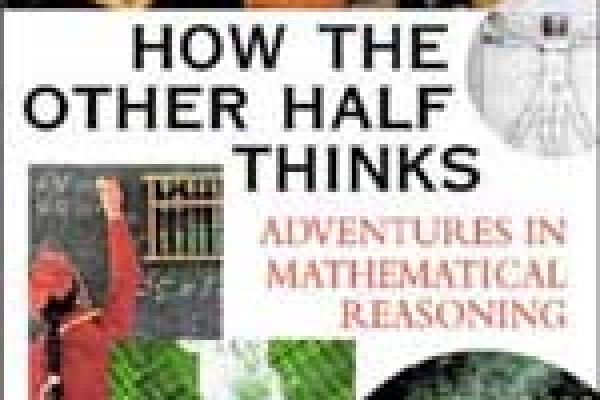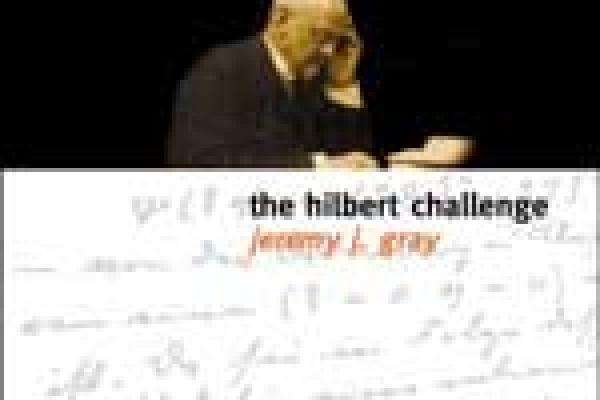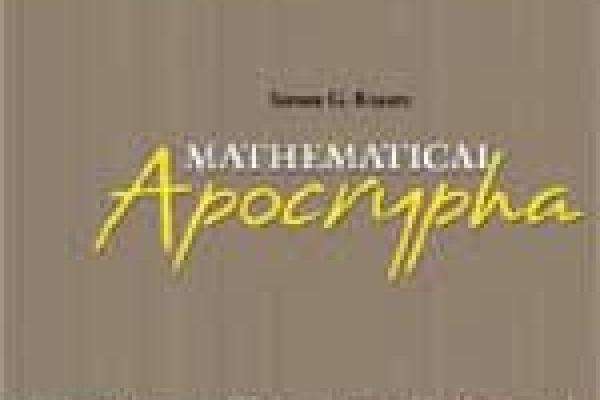Basic page
Plus Magazine
March 2004
In the early days of the UK National Lottery, it was quite common to see newspaper articles that looked back on what numbers had recently been drawn, and attempted to identify certain numbers as "due" or "hot".
Tags
Taxonomy upgrade extras





